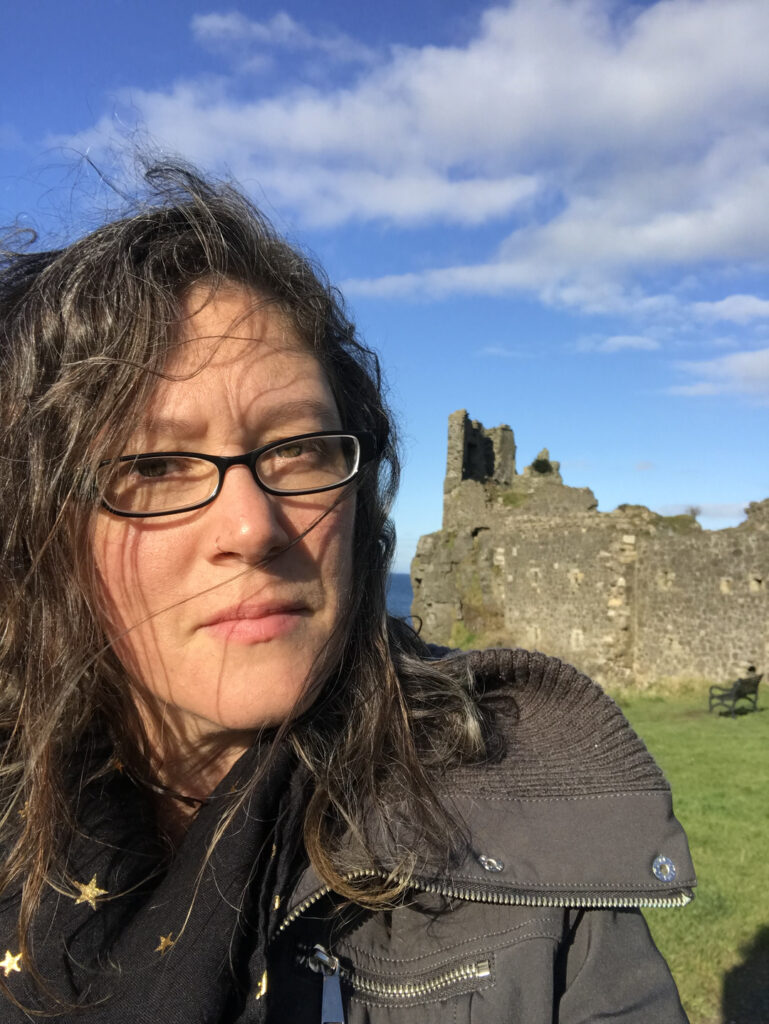
A reflection on reclamation, grief, and remembering our way home.
You can’t appropriate your ancestral culture.
Let that land.
There’s a kind of grief many of us carry quietly—especially those of us raised without strong ancestral ties, seasonal rituals, or a cultural language for what we long for.
It took me years to name it.
I spent a period of time during college living and working with Navajo elders facing forced relocation, who, with both grace and grief, told me to look to my roots to find healing.
To ask what was lost before colonization and Christianity.
To remember the traditions of my people—not just for myself, but for the collective healing of a wound that still bleeds into the present.
They knew something that took me time to understand:
That unhealed ancestral grief—especially for those with European lineages—gets expressed sideways.
Through appropriation.
Through domination.
Through disconnection from land, spirit, and self.
And until we turn inward and tend to our own cultural loss…we risk continuing to harm others in our hunger to belong.
🌀
What I Mean By The Old Ways
When I speak of the Old Ways, I don’t mean aesthetic nostalgia, romanticized rituals, or a one-size-fits-all spiritual path.
I mean something deeper.
Something that already lives in your bones and blood.
Something that was taken or buried—by colonization, war, forced relocation, religious conversion, or assimilation.
So when I say The Old Ways…
I mean the wisdom of your people, waiting to rise again.
I mean sacred routines, ancestral contracts, and quiet rituals of care.
I mean a life shaped by reverence, not domination.
The Old Ways are:
• Rhythmic, not rigid
• Embodied, not performative
• Rooted in relationship—with land, ancestors, plants, and the unseen
They’re not something to mimic from other cultures.
They’re something to re-member—to piece back together through listening, deep exploration of the lands your ancestors came from, and living with integrity.
🧵
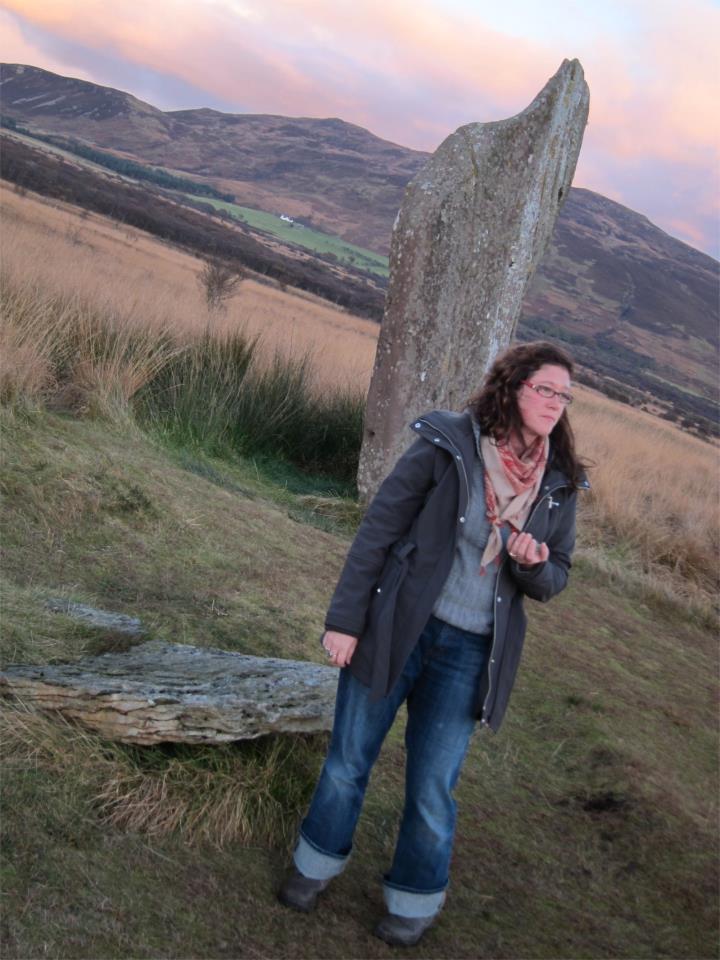
Appropriation vs. Reclamation
This season, you might see people claiming that reconnecting to ancestral practices is “cultural appropriation.”
But here’s what I know to be true:
❌ You can’t appropriate your own ancestral culture.
✅ You can approach it with reverence—or without it, and depending on your approach, have vastly different results.
Appropriation is extractive. It takes without context, consent, or care—especially from cultures that are still actively marginalized.
Reclamation, on the other hand, is relational. It is the work of repair, humility, and reconnection. It is remembering with integrity.
To say that reclaiming your people’s traditions is appropriation is to misunderstand what appropriation truly is.
And worse, it perpetuates the silence and shame that prevent lineage healing.
🌀
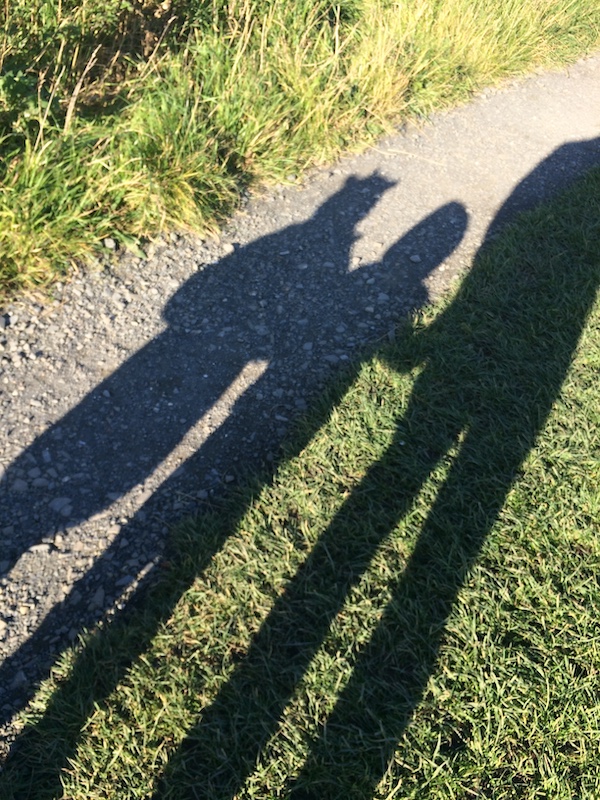
This Is About More Than You
When you begin to reclaim your roots with humility and curiosity, it doesn’t just nourish your soul.
It begins to heal a much larger wound:
• The rupture of belonging
• The disconnection from earth-honoring traditions
• The colonial impulse to “take” instead of tend
And that healing ripples outward.
The more rooted you are in your own lineage, the less likely you are to grasp at someone else’s.
The more grounded you are in ancestral relationship, the less performative you need to be.
The more you understand that your ancestors were once Indigenous to somewhere, the more reverence you can bring to those whose cultural threads are still intact.
🕯️
So, Where Do You Begin?
Start with what still lives.
Don’t wait until you have “all the answers.”
Begin with…
🌿 Language.
So many of our ancestral languages are endangered. Learn a few words. Speak them out loud. Write them on pieces of paper as a prayer to your ancestors. Teach them to your children if you can. This is sacred work —the preservation of something deeply tied to land and lineage.
🥣 Traditional foods and cooking methods.
Ferment. Forage. Use ancestral grains. Cook seasonally. Try traditional recipes from the regions your ancestors are from. Understand the medicine in your meals.
☕️ Family stories and songs.
Even if you only have scraps—gather them. Write them down. Record your elders talking about them. Pass them on.
🌑 Grief rituals and caregiving practices.
So much of the sacred was hidden in the mundane. Begin to notice how your body already knows how to tend. Let your heart and love lead you.
🕯 Myth. Folklore. Seasonal rhythm.
These were the containers for wisdom. The Old Ways weren’t written down—they were lived and told.
Ask the elders. Speak with those still rooted in your ancestral cultures, if you can find them.
Listen more than you speak. Remain curious. And tend to what is yours with respect and care.
🌀
This Is What Integrity Looks Like
Reclaiming ancestral ways isn’t about performance.
It’s not about perfection.
It’s about relationship.
It’s about staying in the discomfort long enough to grow.
About remembering who you are beneath the cultural amnesia.
You’re not appropriating.
You’re remembering.
And that remembering…heals lineages. Heals land. Heals the systems that forgot how to care.
🌀
Final Thoughts
If you’ve felt untethered…
If you’ve been afraid to begin, afraid to get it wrong…
If you’ve carried grief you couldn’t name—
You are not alone.
🧵Pick up the thread.
We need more people doing this kind of remembering.
I’d love to hear your thoughts on this, but please be kind in your words. We are all managing our grief around this, and these are tender conversations.
Related Posts:
The Bones Remember: Podcast
Through story, ancestral memory, and lived experience, she explores the concept of cultural orphanhood—what it means to feel disconnected from both the land of your birth and the ancestral homelands you’ve never known.
Ancestor Veneration for Children
How do we translate this very esoteric concept to the little people in our lives, and why is it important?
Cultural Ancestors: A Heart in the Highlands: Celebrating Robert Burns & the Voices of Our Ancestors
Reflect on what it means to be part of a lineage—not just of family, but of culture and tradition.
The Mysterious Domus de Janas: Unveiling Sardinia’s Fairy Houses
In this article, we explore the Domus de Janas, the abodes of fairies or witches, linking history, mythology, plant magic, and the mystical world of the ancestors.
5 Ways to Start Building Ancestral Legacy Today
Many people equate legacy with gifts of money, homes, or other large ticket items. But I believe there are more important and practical legacies to leave behind, and you can start today.
Rooted Diversity: Honoring the Land-Based Cultures That Shaped Us
We celebrate diversity across the globe—but often forget the small towns, villages, and ancestral lands where it all began. This piece explores how culture and land are inseparable, and why protecting rooted traditions matters more than ever.

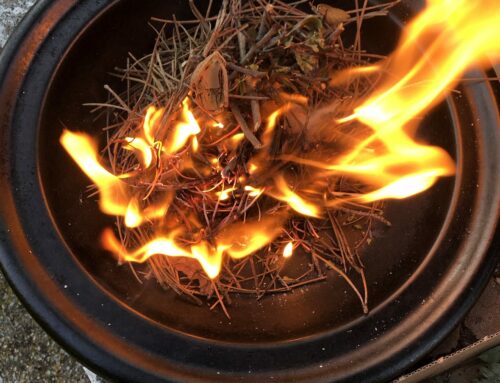
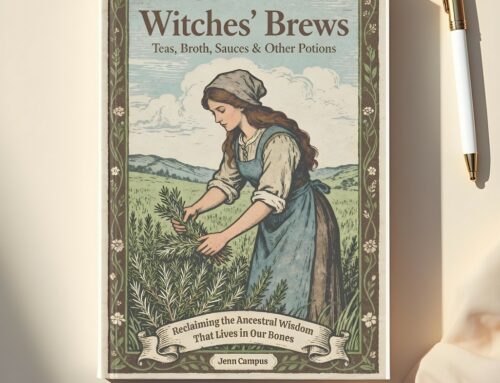
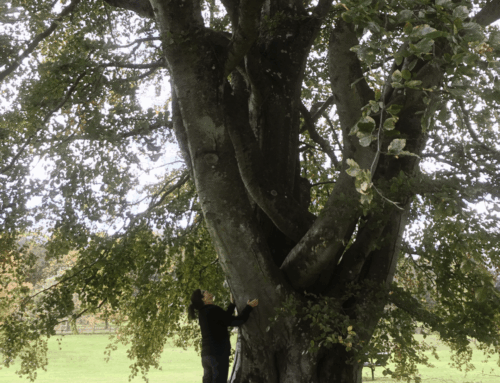
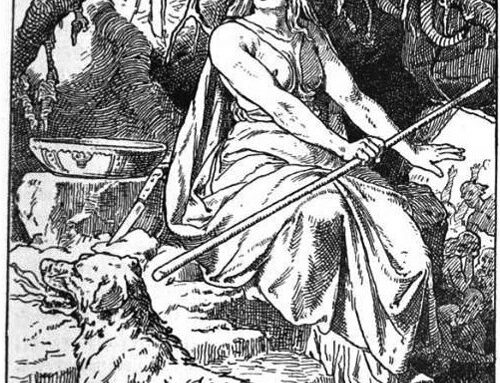

Leave a Reply